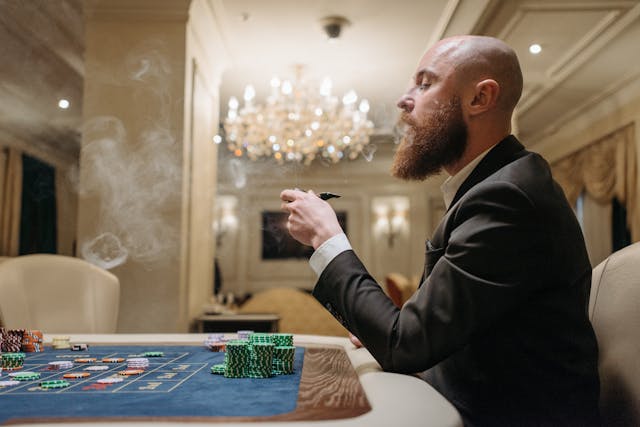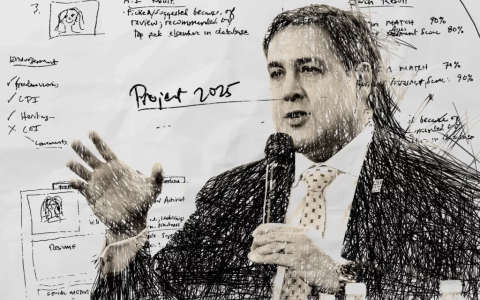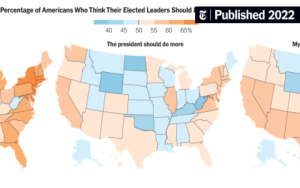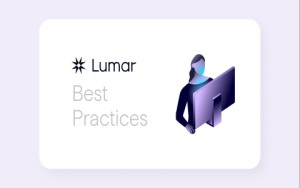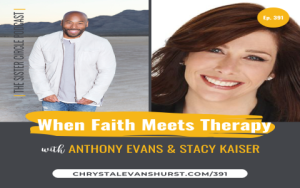Probability Models & Opponent Psychology
Professional gamblers meticulously study probability theory and mathematical models. Their core curriculum includes calculating accurate odds, assessing risk vs. reward, understanding variance and expected value, and mastering bankroll management strategies like the Kelly Criterion. Crucially, they analyze game mechanics for exploitable patterns and delve deep into opponent psychology to identify betting tells, tilt triggers, and decision-making weaknesses, turning observation into an actionable edge.
Human Behavior & Emotional Authenticity
Actors dedicate their study to understanding and replicating the complexities of human experience. This involves intensive observation of real people, environments, and interactions. They train extensively in voice (projection, dialect, diction), physicality (movement, gesture, posture), and emotional techniques. Methods like Stanislavski's system or Meisner technique teach accessing genuine emotions and authentic reactions. Script analysis is paramount, breaking down character motivations, objectives, subtext, and relationships within the story's context.
The Common Discipline
Despite divergent applications, both professions fundamentally require mastering uncertainty. Gamblers analyze statistical chance and manipulate human fallibility within structured rules. Actors immerse themselves in subjective emotional truth to create believable characters within narrative structures. Both demand rigorous, focused study to transform their respective crafts from chance encounters or superficial imitation into calculated execution and profound expression.
